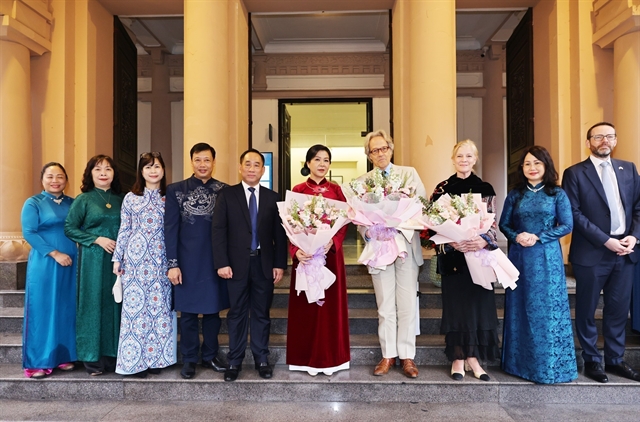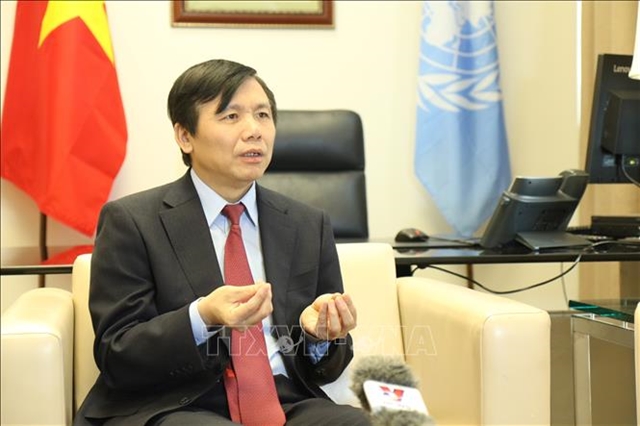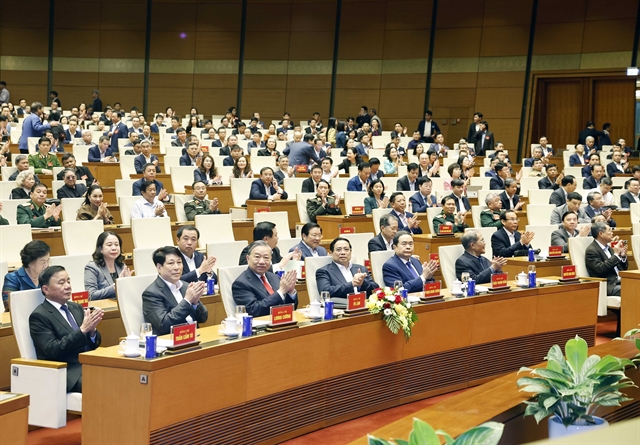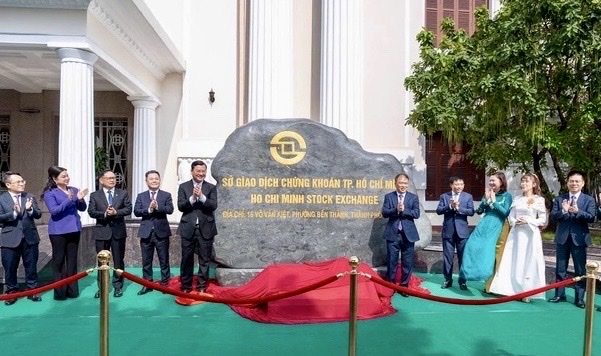 Politics & Law
Politics & Law


|
| Ambassador Đặng Đình Quý, head of the Vietnamese Mission to the UN and chairman of the UNSC’s Informal Working Group on International Tribunals. — VNA/VNS Photo Hữu Thanh |
HÀ NỘI — Việt Nam thought highly of progress made by the United Nations Security Council (UNSC)’s International Residual Mechanism for Criminal Tribunals (IRMCT), said a Vietnamese official at a meeting of the council to review the mechanism on Monday.
Ambassador Đặng Đình Quý, head of the Vietnamese Mission to the UN and chairman of the UNSC’s Informal Working Group on International Tribunals, acknowledged the past trial results, stressing the request for fair judgment following correct procedures.
Praising the mechanism’s progress in ensuring gender equality, the diplomat said he supports increased co-operation to help the mechanism complete its remaining caseload as soon as possible.
At the meeting, Carmel Agius, President of the International Residual Mechanism for Criminal Tribunals, said due to the COVID-19 pandemic, cases that were on track to be concluded by the end of 2020 are now expected to wind down in the first part of 2021.
Data stored in The Hague (the Netherlands) and Arusha (Tanzania) and procedural rules will be completed, he added.
He highlighted the arrest on May 16 this year of fugitive Félicien Kabuga as a major breakthrough in punishing severe international crimes. The fugitive is a key suspect in the 1994 genocide against the Tutsi in Rwanda, who had evaded capture for over 20 years.
Participants took note of the IRMCT’s progress in trial work, document management, witness protection, and COVID-19 prevention measures.
They also urged member nations to support the mechanism.
The UNSC created the IRMCT in December 2010 to perform some essential functions previously carried out by the International Criminal Tribunal for Rwanda and the International Criminal Tribunal for the former Yugoslavia. The council reviews the operation of the mechanism every six months. — VNS




